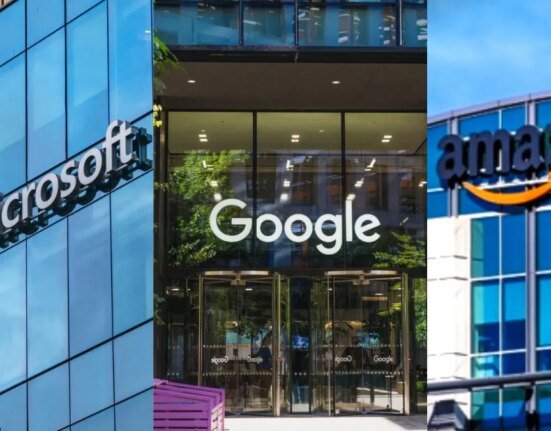Google Pay, one of India’s largest UPI apps, has had initial talks with asset management companies (AMCs) as it looks to offer mutual funds on the app, a senior executive at a mutual fund house, who did not wish to be named, told Mint.
The company is exploring whether to offer regular funds with a mutual fund distribution licence, like rival PhonePe does, or direct funds with an execution-only platform (EOP) licence from Sebi.
Regular funds include commissions paid to distributors (via AMCs) in the total expense ratio, and are thus more expensive than direct funds, which do not. Popular mutual fund platforms such as Zerodha and Groww offer direct funds.
Also read: Want to retire early but don’t know how? Here’s how to work out your FIRE number
A distribution licence would allow Google Pay to collect ‘trail commission’ for mutual funds, while an EOP licence would allow it to charge a fee per transaction. This flat fee is capped at ₹2 per transaction by the Association of Mutual Funds of India (AMFI), an industry body.
There are two types of EOP licences. An EOP 1 licence would allow Google Pay to charge AMCs for each transaction while an EOP 2 licence would allow it to charge consumers. Very few players have an EOP licence. These include ET Money (now owned by 360ONE WAM), Jupiter and MF Utilities.
Also read: This IPO fund puts 80% of its corpus in recently listed companies. Should you invest?
“We often have these exploratory discussions,” said a senior executive at Google Pay, who did not wish to be named. He added that Google Pay has spoken to several AMCs but refused to divulge more details. An email from Mint to Google India failed to elicit a reply.
Previous attempts abandoned
Google Pay abandoned a previous attempt to launch financial products via a marketplace model through banners or ‘spots’ on the app. It had planned to allow fintech firms to be displayed on the apps to get leads, and hadn’t explored an EOP licence.
Later it tied up with Equitas Small Finance Bank to offer fixed deposits on the app through Setu, a fintech company, but withdrew this following pushback from the Reserve Bank of India (RBI) in September 2021.
Rival Amazon tied up fintech company Kuvera in 2021 but did not see huge traction. Kuvera was later acquired by credit card payments company CRED.
Also read: Here’s everything you need to know about the RBI’s Liberalised Remittance Scheme






